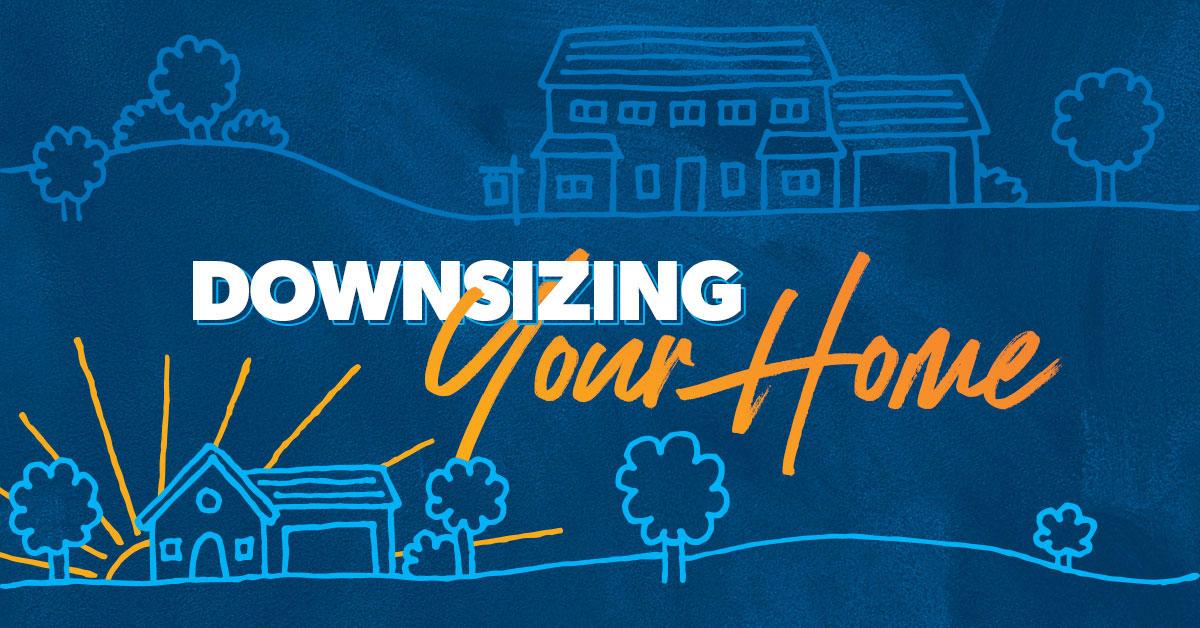In a world where bigger is often seen as better, the idea of downsizing your home might seem counterintuitive. Yet, as insurance premiums continue to climb, many are beginning to ask: Could a cozier abode be the secret to a healthier bank account? Imagine trading in those unused guest rooms and sprawling lawns for a snug space that fits like a glove, all while lightening the load on your wallet. Welcome to the world of smart living, where less can indeed mean more. In this article, we’ll explore the surprising benefits of downsizing and how it could be the key to lowering your insurance premiums, without sacrificing the comfort and joy of home sweet home. So grab a cup of tea, settle into your favorite chair, and let’s embark on a journey to discover whether less truly is more when it comes to your home and your finances.
Unlocking Savings: The Insurance Perks of a Smaller Home
Downsizing to a smaller home doesn’t just mean less space to clean; it can also open the door to significant savings on your insurance premiums. Insurance companies often calculate rates based on the size of your home, meaning that a cozier abode could lead to a leaner insurance bill. Smaller homes typically have fewer rooms, which translates to fewer assets to insure and, consequently, a lower risk for insurers. This reduction in risk is often reflected in your monthly premium, giving you more flexibility in your budget.
Consider these perks when mulling over a move to a smaller dwelling:
- Reduced Premiums: Fewer square feet usually mean lower costs to repair or rebuild.
- Less Maintenance: A smaller space often requires less upkeep, reducing the likelihood of claims.
- Eco-Friendly Living: With fewer resources needed, smaller homes can contribute to a greener lifestyle, potentially qualifying you for additional discounts.
- Simplified Inventory: A smaller home means fewer belongings, making it easier to manage your coverage.
In the quest for a more manageable and financially savvy lifestyle, a smaller home might just be the key to unlocking those hidden savings. So, if you’re dreaming of a simpler life with lower bills, it might be time to embrace the charm of downsizing.

The Financial Upside: How Downsizing Can Trim Your Premiums
When considering a move to a smaller abode, the financial benefits extend beyond just reducing mortgage payments and utility bills. One significant advantage is the potential decrease in your home insurance premiums. Insurance companies typically assess premiums based on the size and value of your home. A smaller home often means less coverage is needed, resulting in lower premiums. This is because:
- Lower Replacement Costs: Smaller homes generally cost less to rebuild, which can lead to reduced coverage requirements.
- Decreased Liability: With fewer amenities like pools or extensive outdoor spaces, the risk of accidents is minimized.
- Simplified Security: It’s often easier and less costly to secure a smaller property, potentially qualifying you for discounts.
Downsizing could be a strategic move to not only simplify your life but also to keep more money in your pocket each month. Embracing a more minimalist lifestyle might just be the key to unlocking financial freedom.

Navigating the Decision: When Downsizing Makes Sense for Your Wallet
In the whirlwind of homeownership, the idea of downsizing often emerges as a strategic move, especially when financial benefits like lower insurance premiums are at stake. While the prospect of a cozier abode might seem daunting, it can also be a refreshing change that significantly impacts your wallet. Downsizing offers a plethora of advantages, primarily in terms of financial relief. Smaller homes generally mean lower insurance costs due to reduced risks and maintenance expenses. But before you take the plunge, consider the following:
- Insurance Savings: Smaller properties typically equate to lower insurance premiums. With less square footage, there’s less to insure, leading to potential savings on your monthly payments.
- Utility Costs: A smaller home often translates into reduced utility bills, as there’s less space to heat, cool, and light up.
- Maintenance and Repairs: Fewer rooms and a smaller yard can mean less time and money spent on upkeep.
- Lifestyle Simplification: Embrace the opportunity to declutter and simplify, which can be both financially and emotionally rewarding.
Making the choice to downsize is not just about cutting costs; it’s a lifestyle decision that can lead to a more streamlined and fulfilling life. Consider your long-term goals and whether a smaller space aligns with them. With the potential for significant savings and the chance to embrace a minimalist lifestyle, downsizing could be the perfect step toward financial freedom.

Expert Tips: Smart Downsizing Strategies to Maximize Insurance Benefits
When contemplating a move to a smaller abode, it’s essential to recognize the potential insurance benefits that can accompany this decision. Reducing the size of your home often leads to lower insurance premiums, as a smaller property typically presents fewer risks and is less costly to insure. Embrace these savvy downsizing strategies to optimize your insurance benefits:
- Choose a Low-Risk Location: Opt for neighborhoods with lower crime rates and fewer natural disaster occurrences. Insurance companies often provide discounts for homes in safer areas.
- Opt for Modern, Efficient Design: A smaller, newer home with updated systems can not only save on energy bills but also lower insurance costs due to reduced risk of claims.
- Evaluate Your Coverage Needs: With a smaller home, your coverage requirements may change. Assess your policy to ensure you’re not over-insured, which can save you money.
By thoughtfully selecting a downsized property and making informed decisions, you can enjoy both the simplicity of a smaller space and the financial relief of reduced insurance expenses.

